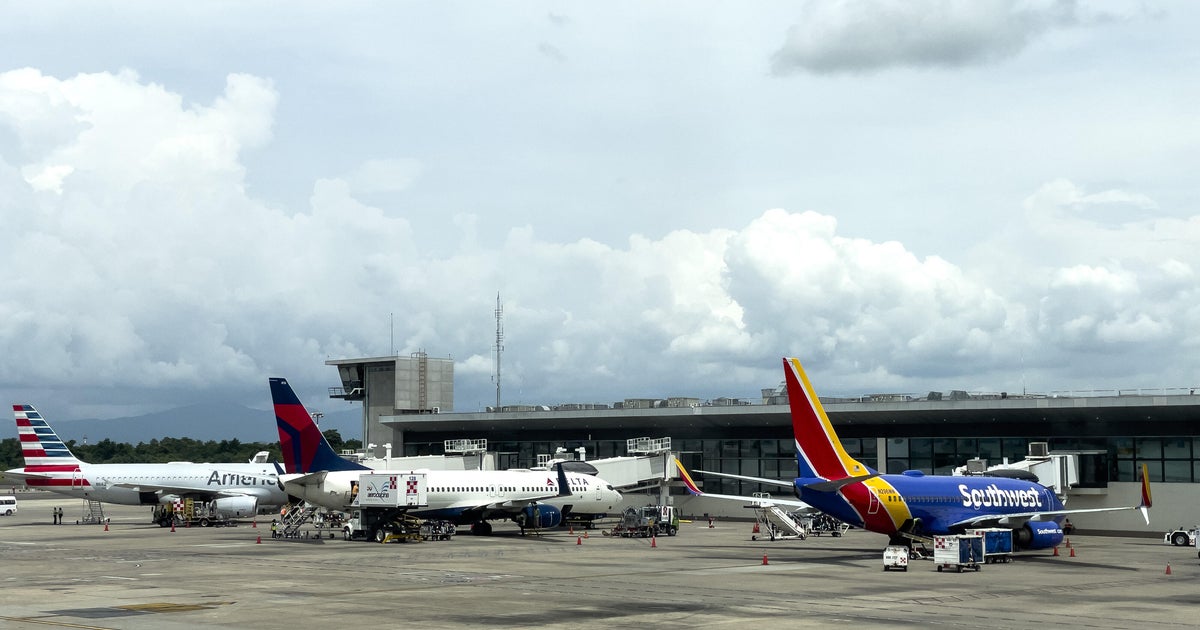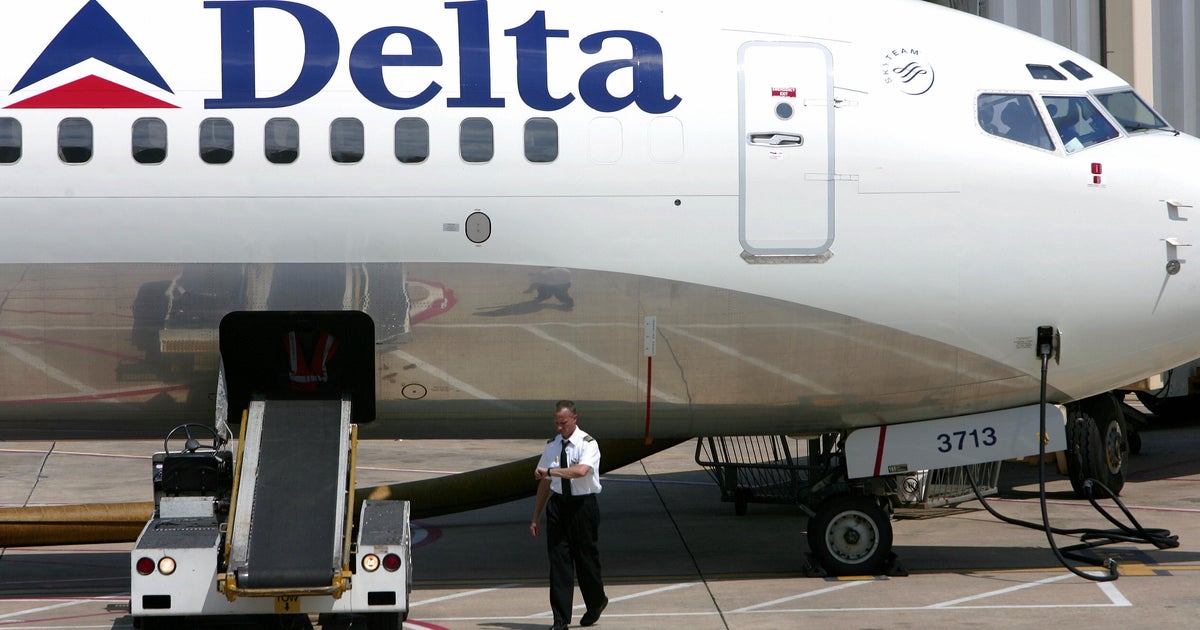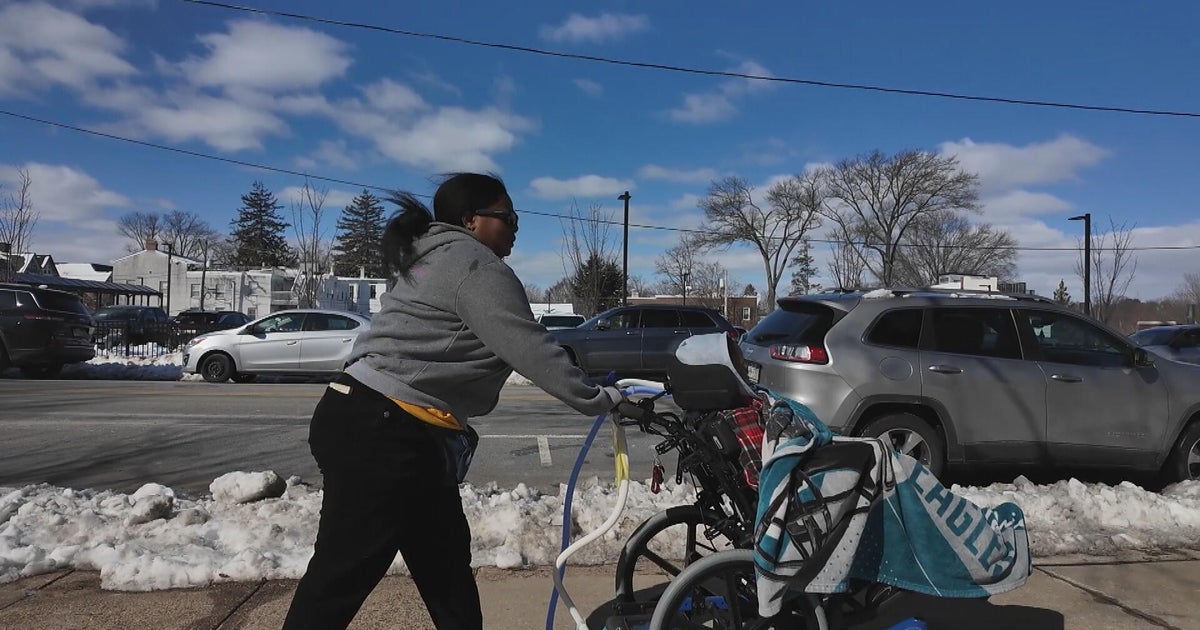Southwest Airlines Scraps Plans To Put Some Unvaccinated Workers On Unpaid Leave In December
DALLAS (CBSDFW.COM) — Southwest Airlines is dropping plans to put unvaccinated employees who have applied for, but haven't yet been approved or denied, a religious or medical exemption on unpaid leave starting in December.
The Dallas-based carrier is a federal contractor and must comply with President Biden's COVID Action Plan that includes a requirement that, unless they've have an official exemption, federal employees receive a COVID-19 vaccination by December 8.
Southwest responded to CBS 11 News about the change with the following statement:
"If an accommodation has not been reviewed or approved by December 8, the Employee will continue to work, while following all COVID mask and distancing guidelines applicable to their position, until the accommodation has been processed. While we intend to grant all valid requests for medical and/or religious accommodations, in the event a request is not granted, the Company will provide adequate time for an Employee to become fully vaccinated while continuing to work and adhering to safety protocols."
Employees at the company have until November 24 to become fully vaccinated or apply for an exemption. The airline says it will continue to pay those workers while those requests are reviewed.
The announcement comes just one day after hundreds of current and former Southwest employees gathered to protest the vaccination mandate. The group rallied to celebrate what they called "medical freedom" at the airline's headquarters near Dallas Love Field Airport.
Earlier this month the airline announced that its employees must be fully vaccinated against COVID-19, or be approved for a religious, medical, or disability accommodation, to continue employment with the company. Currently the airline requires newly hired employees to show proof of COVID vaccination before their first day on the job.
With Southwest and Fort Worth-based American Airlines being federal contractors both carriers must comply with rules that are stricter than those for large companies.







